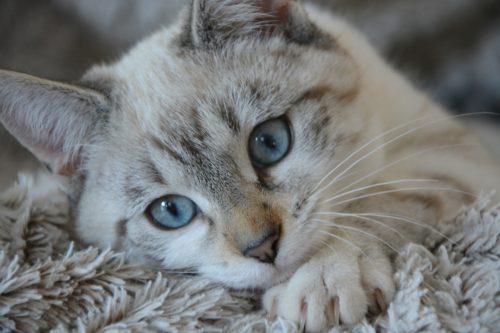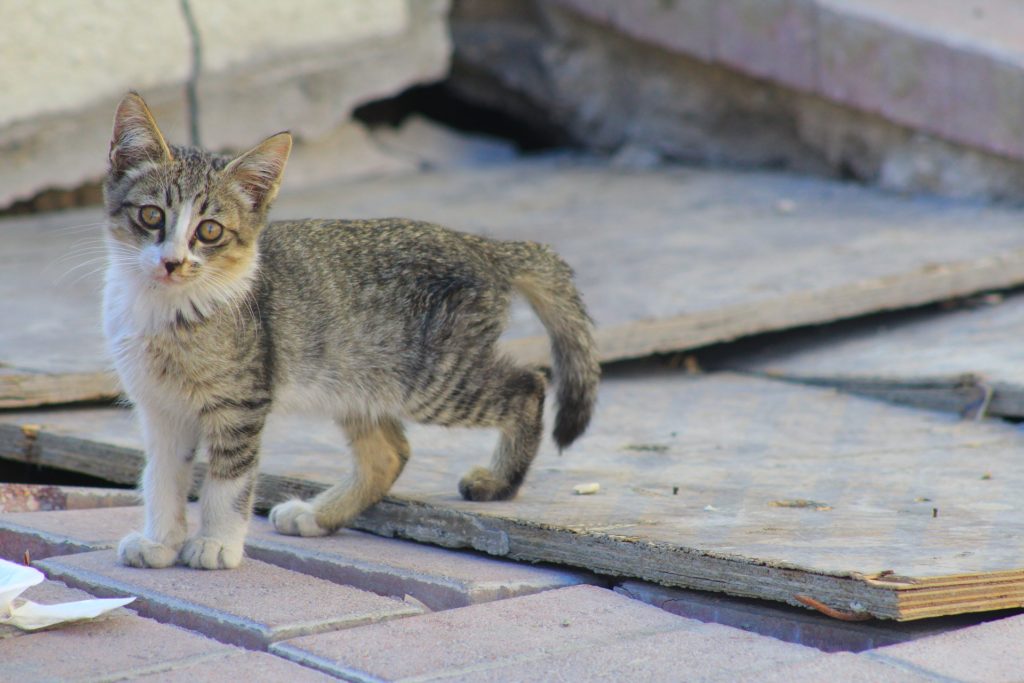As a living being with complex body functions, it is common to overlook just how essential one organ is to your cat’s life—that is, until something goes wrong. Liver failure in cats is one of those conditions which can occur without any obvious signs from the start. Unfortunately, this can lead to life-threatening symptoms which go undetected until it’s too late.
But what is liver failure in cats, and how can you detect it in time to treat it? Read on for all the vital information on liver failure in cats, from causes and signs to diagnosis and treatment.
What is Liver Failure in Cats?

Acute liver failure, also known as hepatic failure, occurs when the liver of a cat suddenly loses 75 percent or more of its function. A response to severe death of tissue, acute liver failure differs from chronic liver failure in that it is not caused by a hepatic disease or related condition, both of which cause a much slower loss of function.
The liver is an essential organ, leading the charge for over 10,000 life-sustaining tasks. Therefore, failure of the liver can also impact other organ systems, putting the cat at severe risk.
What Causes Liver Failure in Cats?
There are several causes behind liver failure in cats, including:
- Drugs which damage or destroy liver cells. These include some antibiotics, analgesics, chemotherapy agents, and anesthetics.
- Infections or toxins
- Heat stroke or overexposure to heat, either from hyperthermia cancer treatment or time spent outside
- The inability to breathe
- Perfusion, or an improper flow of fluids into the liver
- Blood clot disease
- Acute circulatory failure
- Shock or trauma
- Problems synthesizing proteins due to a metabolic disorder
Determining the cause of the failure is essential to stop further damage, or death, in the tissue.
What are the Signs and Symptoms of Liver Failure in Cats?
Because the liver is such an important organ in everyday functions, acute liver failure impacts other organ systems aside from the liver and gallbladder. Systems affected include the gastrointestinal tract; renal system; the nervous system, and also, the blood.
Due to its widespread effects, symptoms can manifest throughout the body. The first telltale signs are anorexia, or loss of appetite, and jaundice. Jaundice is the yellowing of the mucous membranes, eyes, and inner ears.
Other symptoms include:
- Sudden weight loss
- Weakness or lethargy
- Vomiting
- Diarrhea
- Blood in stool
- Seizures
- A swollen abdomen due to a buildup of fluid
- Depression
If you notice any or all of these symptoms, set up an appointment with your veterinarian. The sooner he can diagnose acute liver failure, the better chance you have at improving your cat’s health.
How are Cats With Liver Failure Diagnosed?

In order to properly diagnose your cat, your vet will want to know the occurring symptoms, as well as the cat’s complete health history. The veterinarian will then perform any or all of the following tests:
- An observation of signs of jaundice and a swollen abdomen
- Several labs, from a complete blood count and biochemical profile to a urinalysis
- A biopsy, which is necessary to definitively diagnose liver failure and determine the cause
- X-rays and ultrasounds to observe liver enlargement or other abnormalities
What is the Treatment for Cats With Liver Failure?
Depending on the cause behind the failure, the veterinarian will prescribe one or a combination of treatments. The following are the most common treatments of liver failure in cats:
- Fluid therapy: Fluids are intravenously administered to prevent dehydration. Electrolytes and sugars will also be given to balance electrolyte and blood sugar levels.
- Feeding tube: A special diet will be fed through a tube in the nose or directly into the cat’s esophagus. The diet will feed the necessary calories, protein, and nutrients to your cat’s stomach or intestines.
- Medications: Failure of the liver carries the ramifications of affecting several other organ systems. Therefore, several complications may occur as a result. Your veterinarian may prescribe medications to treat these complications and remedy the cause itself.
As the loving caretaker, it is recommended that you follow the prescribed diet and medication plan for thorough healing. Although acute liver failure is a serious condition, the prognosis is positive if diagnosed and treated within a few days of its onset.




